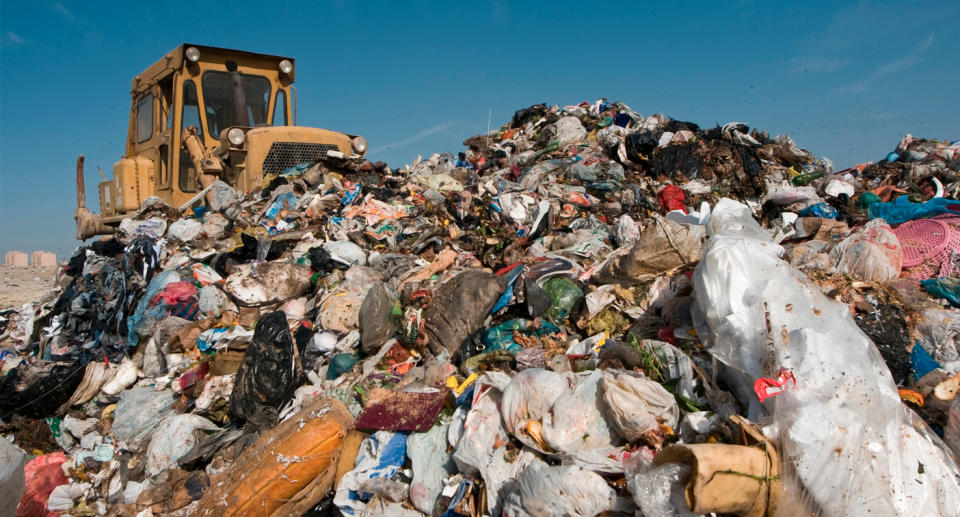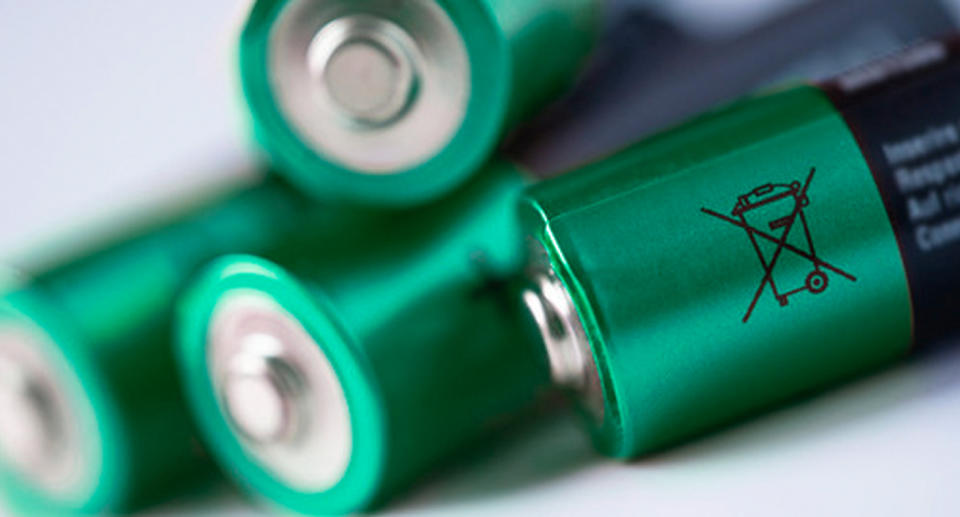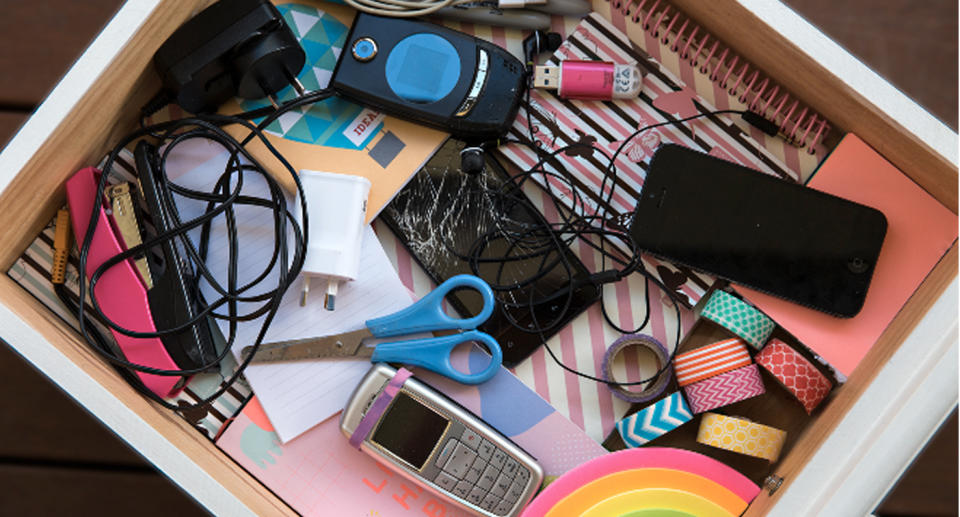Bunnings, IKEA and Aldi recycling old household goods for free
Leading retailers like IKEA, Aldi and Bunnings are helping Australians reduce the amount of household waste that ends up in landfill that can become hazardous to our environment.
Each year, Australians throw away tens of thousands of tonnes in unwanted household items like electronics, computers, batteries, white goods, and furniture.
Over time, the chemicals in household batteries and electronic waste may be toxic to the environment, potentially harming wildlife and affecting surrounding soil or waterways.
Here’s a handy list of places where Australians can safely drop off used household items:

Household batteries and mobile phones
Since 2013, Aldi claims to be the first and only supermarket in Australia to offer a national battery recycling program, allowing shoppers to drop off any brand of used household batteries into a dedicated recycling bin at the front of every ALDI store.
They are then collected by a specialist recycling partner, sorted into chemical types and returned to recycling plants who extract relevant materials for re-use.
Select Victorian Bunnings stores also have Batteryback recycling bins out the front for collection, to help shoppers reduce waste.
In the past decade, Bunnings customers have brought in more than 20,300 kilograms of batteries for recycling.

“It is important to dispose of batteries responsibly as they contain heavy metals and when disposed of incorrectly they can contaminate soil and groundwater,” the hardware giant said in an online statement.
Mobile phones and mobile phone batteries can be recycled through the MobileMuster program. They can be dropped off at more than 3,500 participating retail stores and local council facilities or returned in a reply paid envelope.
IKEA takes old batteries, globes, mattresses
Over at the Swedish homeware megastore, flat-pack fans will be happy to learn IKEA has its own recycling service.
“Drop off your used cardboard, batteries and globes at our Recycling Station near the store exit. We’ll do the rest!” the IKEA website states.
Customers can also pay $30 to have IKEA take their old mattress when their new bed is delivered, although the offer is only available to in-store purchases.

White goods, computers, electronics, chemicals
“Australians are among the highest users of new technology in the world and purchase over 2.4 million computers every year,” according to Planet Ark.
“This makes electronic waste or e-waste, including computers and accessories, a growing problem.”
To avoid your e-waste and other tricky items like chemicals, car batteries, tyres, electronics, paint, and white goods going to landfill, many sites across the country act as free drop-off locations.
You can find services in your area through Planet Ark’s Recycling NearYou initiative. The website allows Australians to search for their nearest location to find out which unwanted goods they can drop off in their area.
Since the service was launched in November 2006, more than 3.5 million people have used it.
Local Councils often collect hazardous household products such as paints, chemicals and batteries, too. Check your local council’s website for details.

Reading glasses and hearing aids
If you have old spectacles, contact lenses, or hearing aids lying around the house that you no longer need, they can be donated to help humanitarian organisations pass them on to people in third world countries.
The Lions Club Australia’s Recycle for Sight program is part of the Lions Clubs International Worldwide Eyeglass Recycling Program that collects these to pass along to those less fortunate.
Some of your local optometrists, aged care facilities and Lions Clubs have collection points. You can also send your glasses and hearing aids to:
Reply Paid 3021
Lions Recycle for Sight
PO Box 3021
CLONTARF MDC 4019

